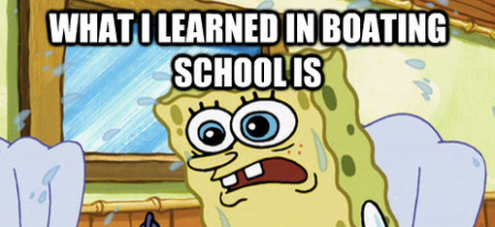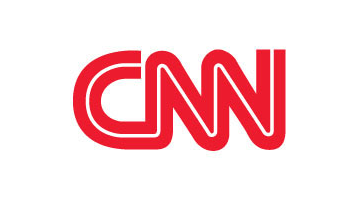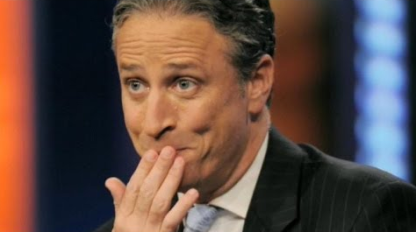
While scrolling through my old blog posts, I decided that the most significant thing I’ve learned in this class is not some mass media concept, but a way of thinking. Looking at everything through the lens of a potential blog post taught me to read a story, do some research, give it an extra five minutes of critical thought and finally, form an opinion and argument.
Obviously this is something I’ve learned throughout my college career writing papers, but doing it on a regular basis allowed me to form a habit and look at everything around me with a more critical eye. As you can tell from the rest of my blog posts, this may have made me a bit more cynical about the world we live in, but I think that’s alright. The ability to analyze information and form an opinion, cynical or hopeful, is crucial in the real world where I imagine ignorance is not bliss.
On a related note, this class (the blog posts specifically) taught me how much I like to write. As opposed to the press releases and case studies I’m used to writing, this blog allowed me to develop my own creative voice. I learned what I like to write about as well as how I like to write about it. I’ve successfully used my blog as a writing sample for jobs, giving potential employers a better idea about who I am. So to the next class, all of whom I’m sure will read this post, learn to like your blog. You might not believe it on the first day when Professor Robinson says his previous classes enjoyed having a blog, but at least in my case, it’s pretty true.






